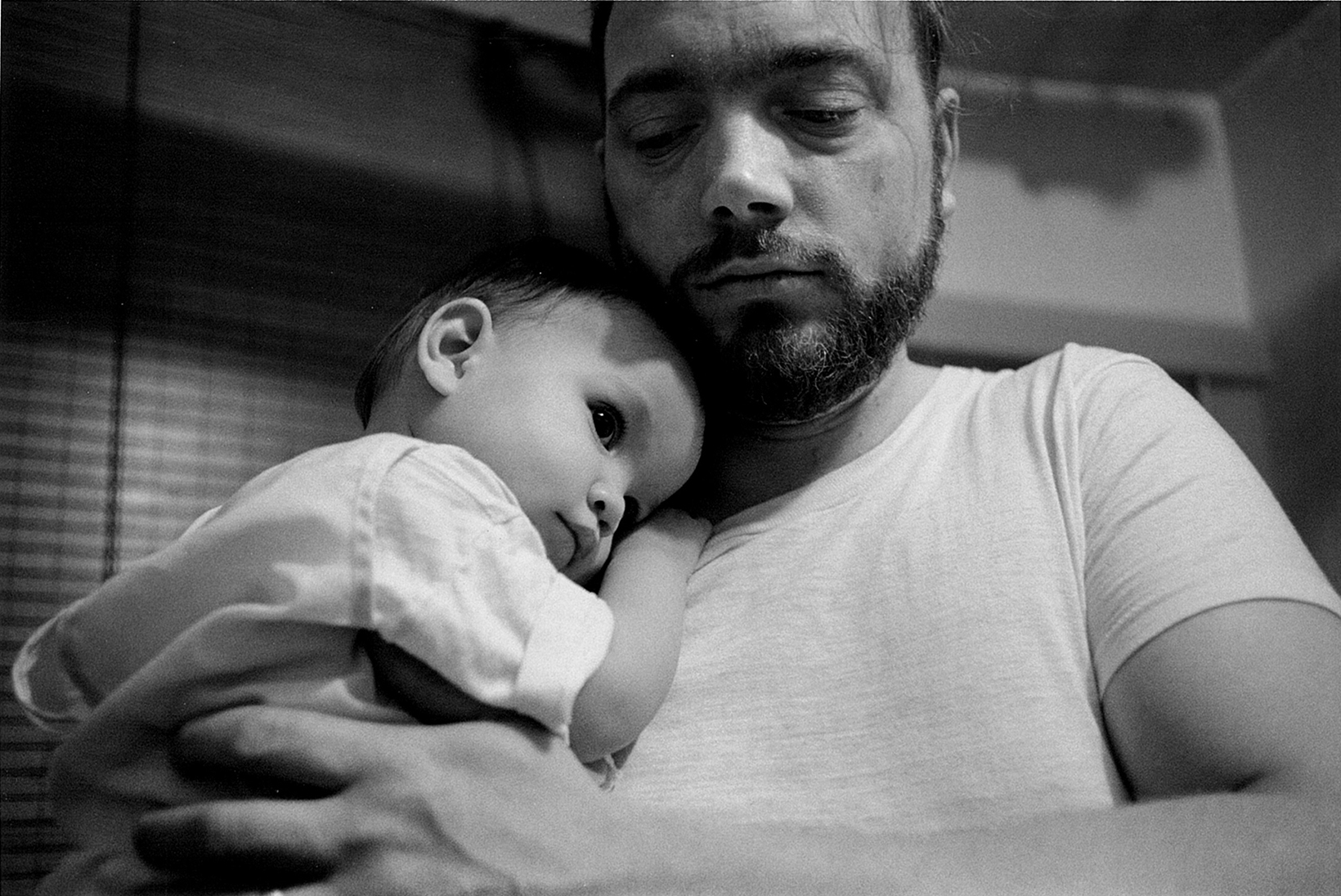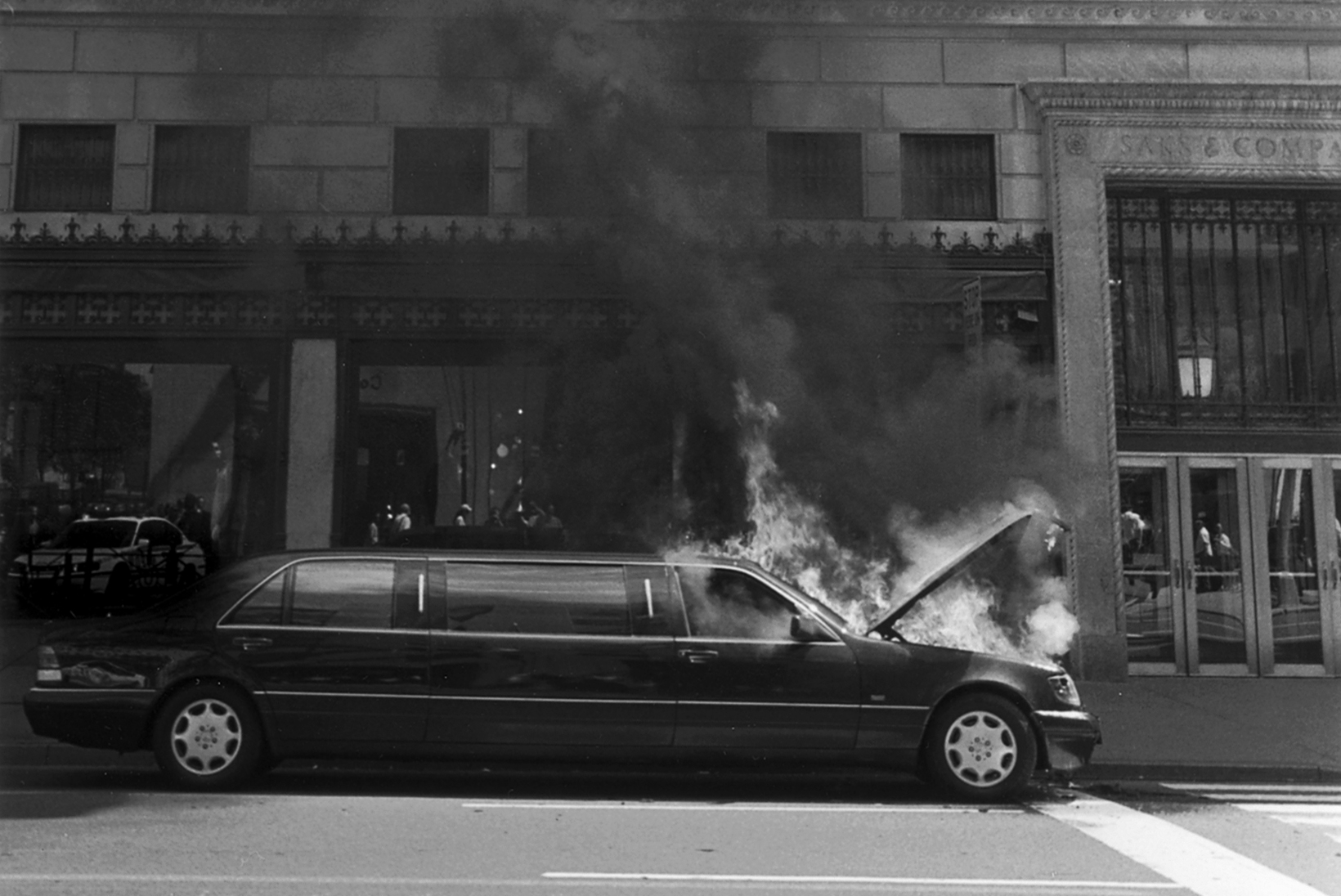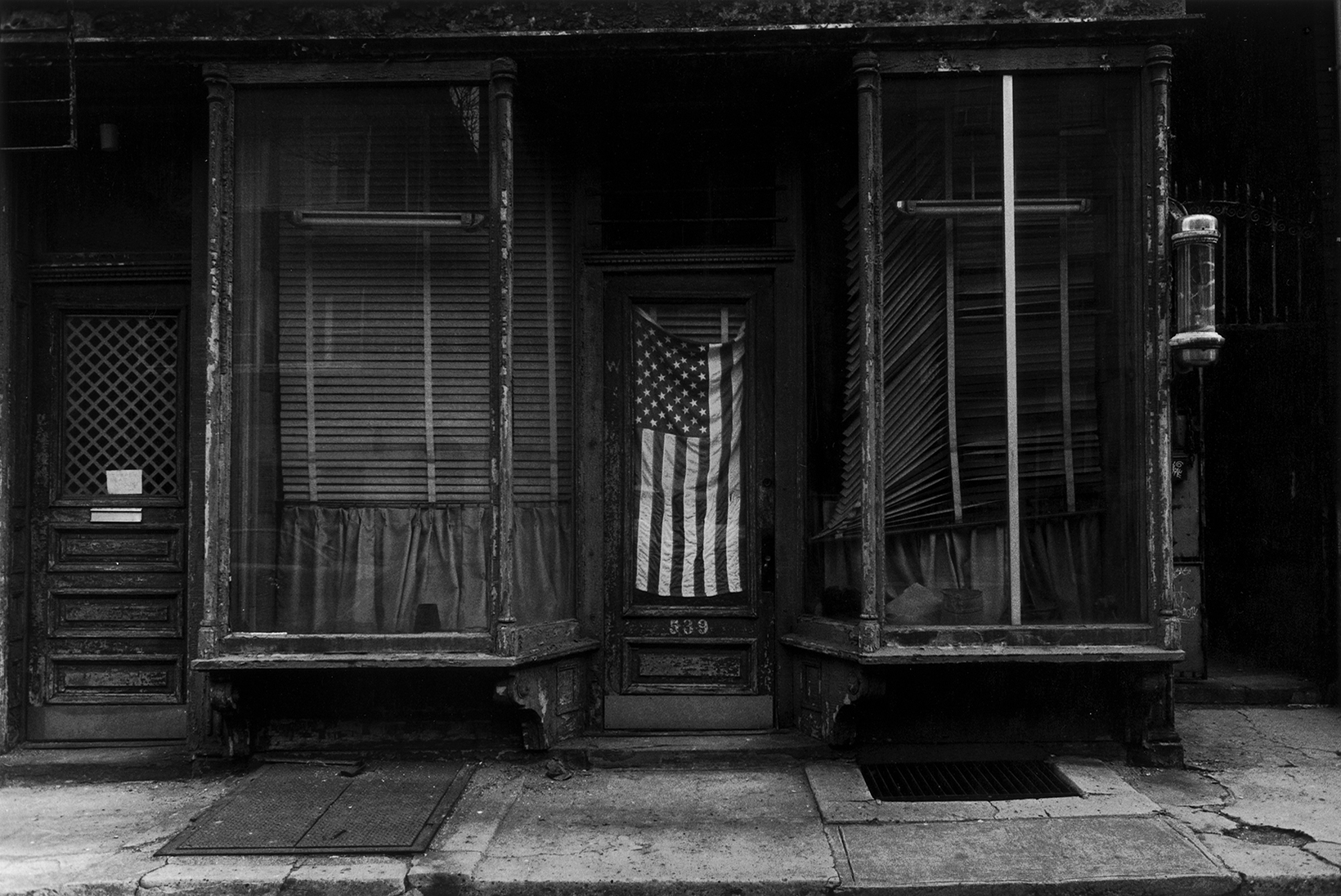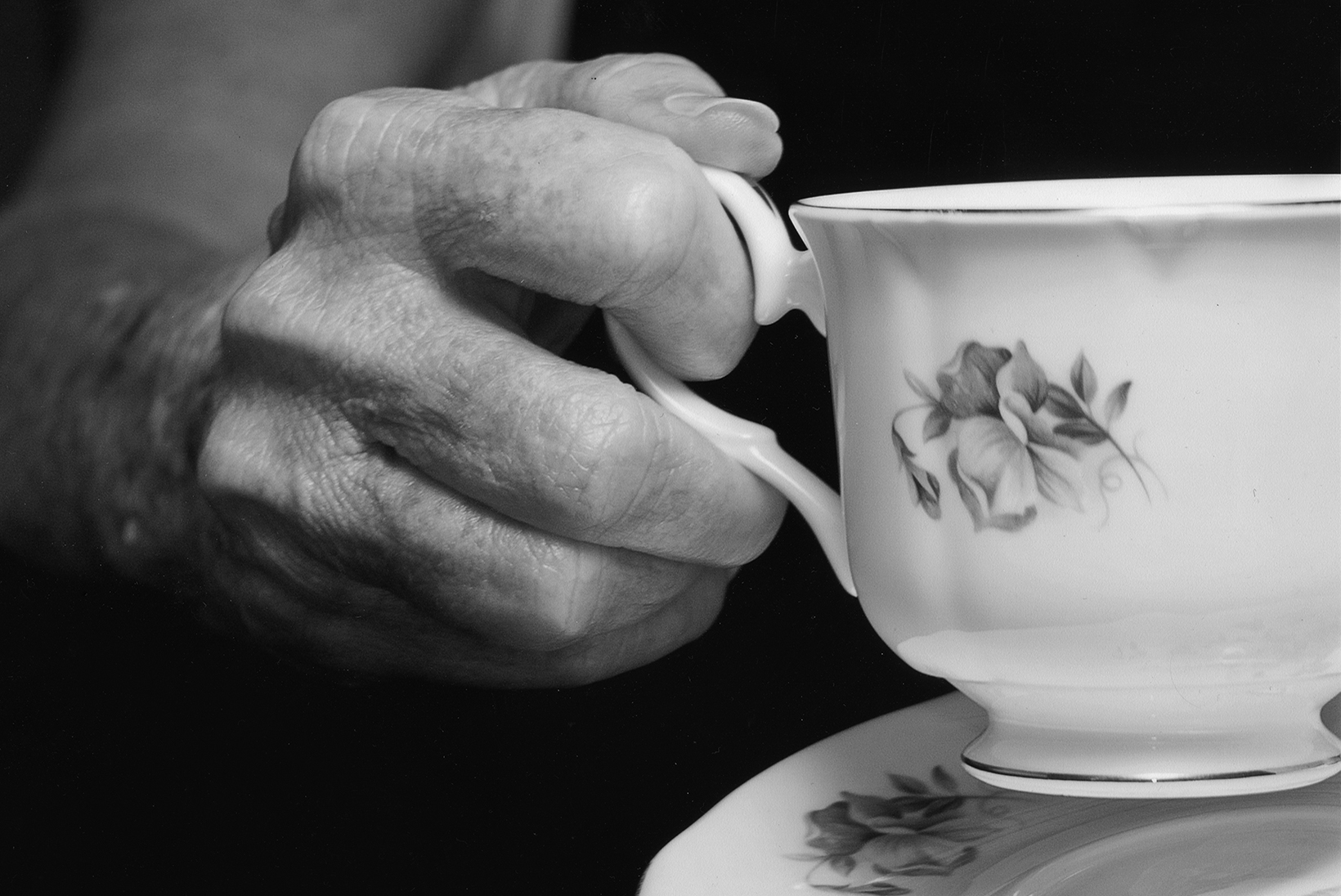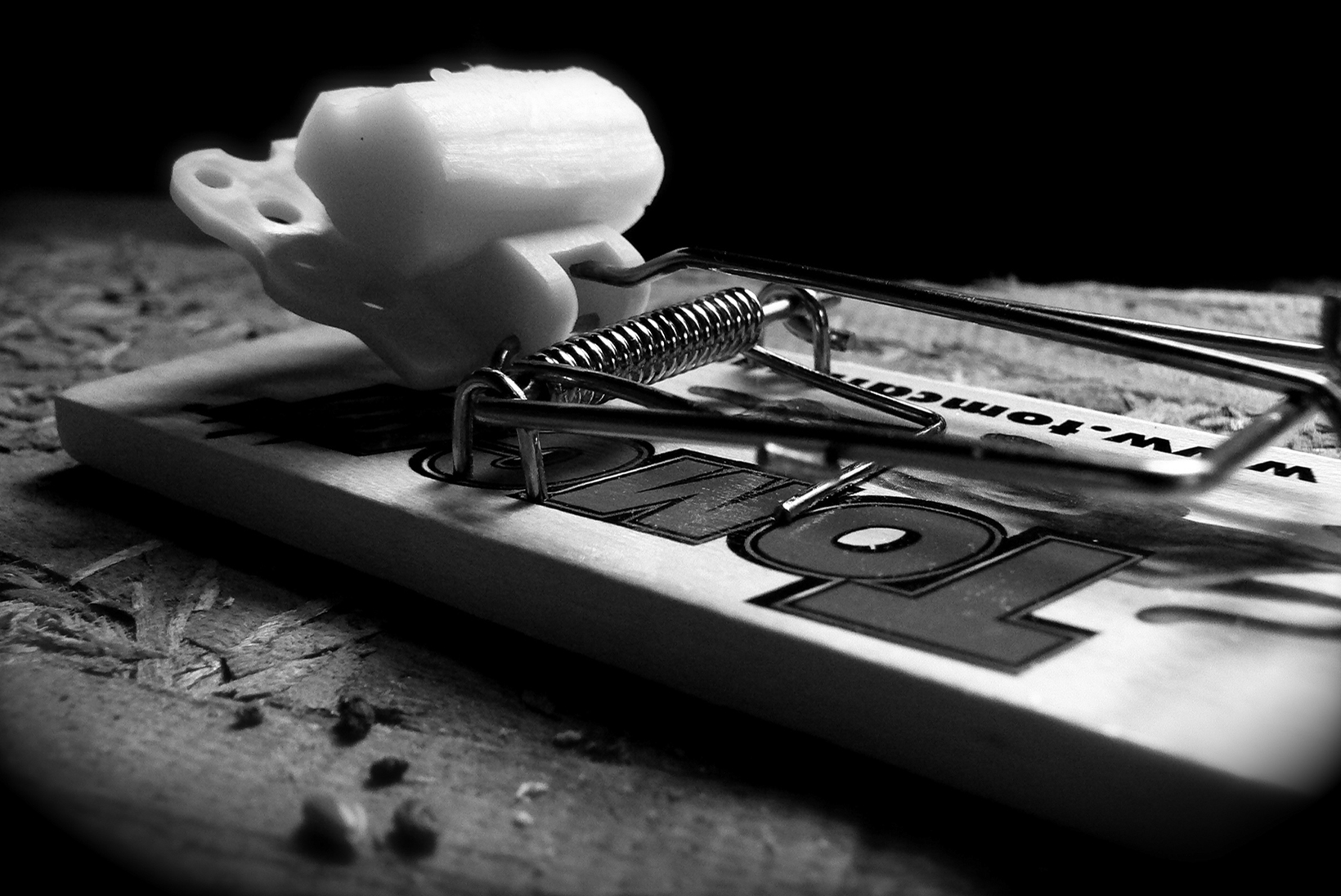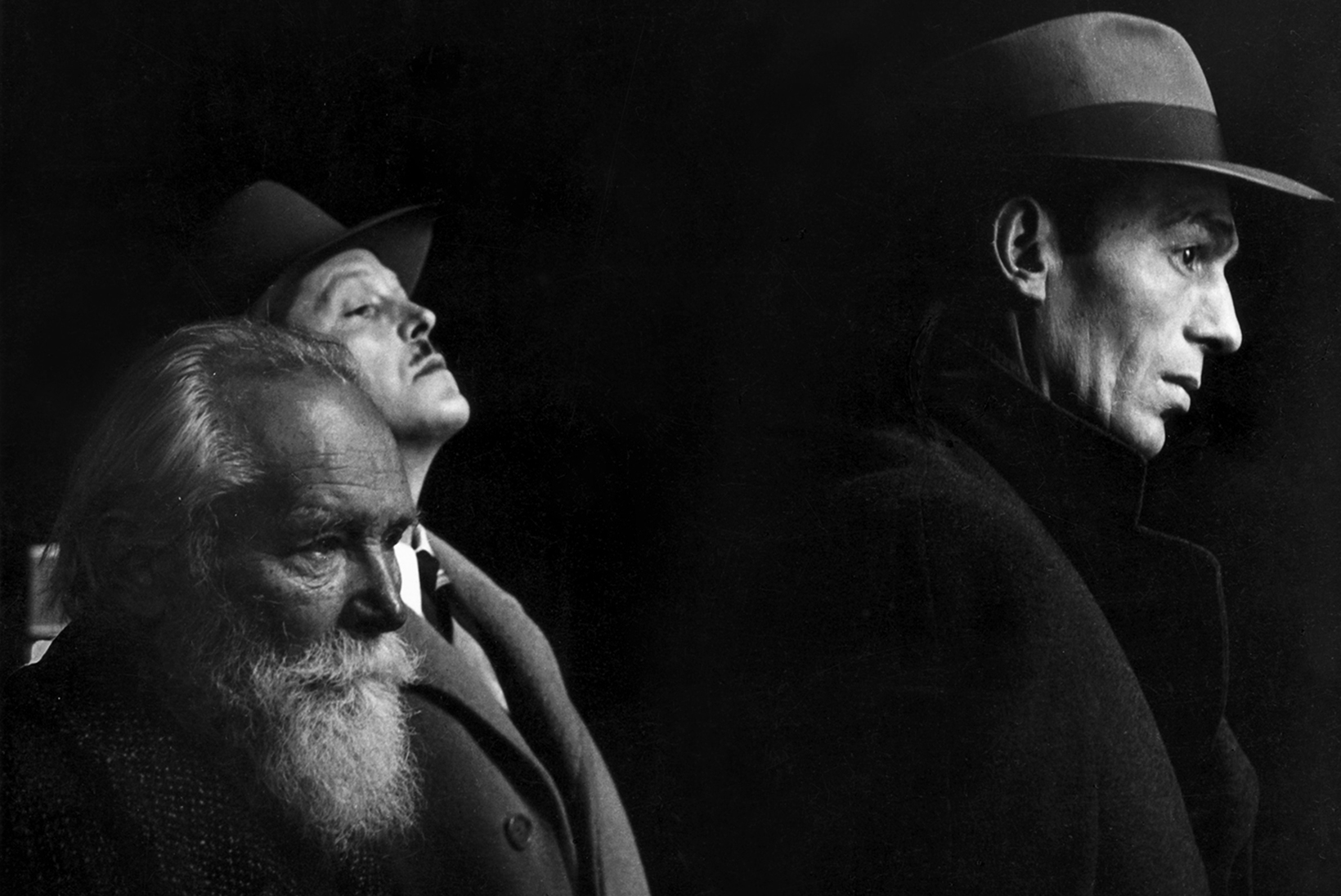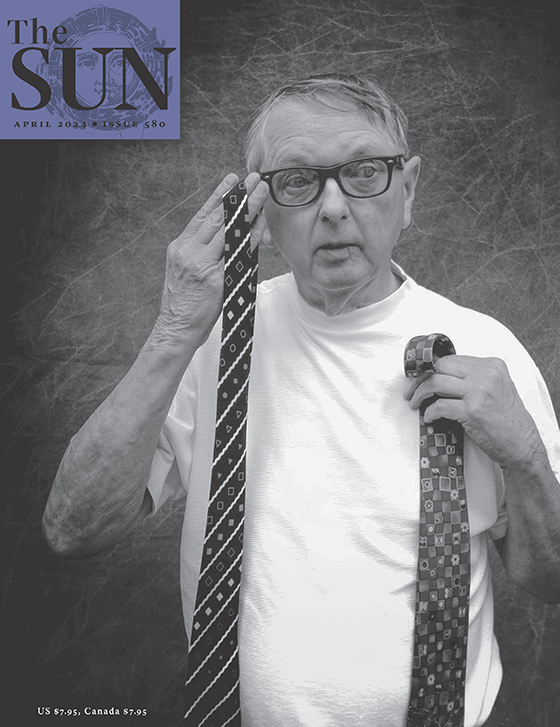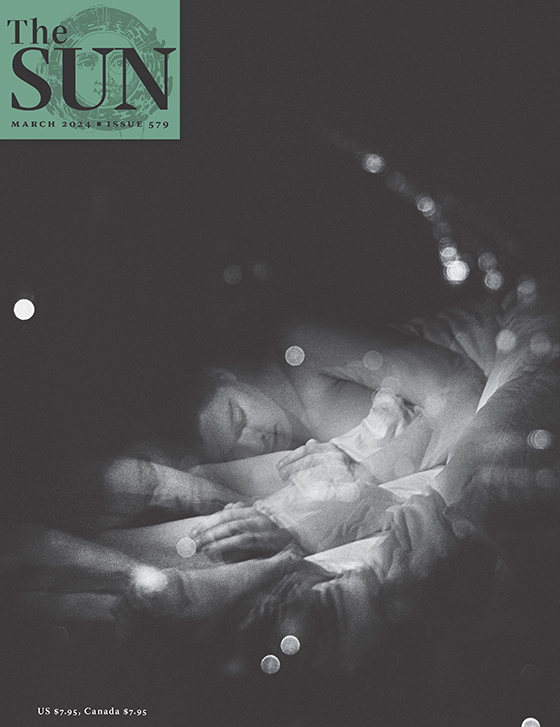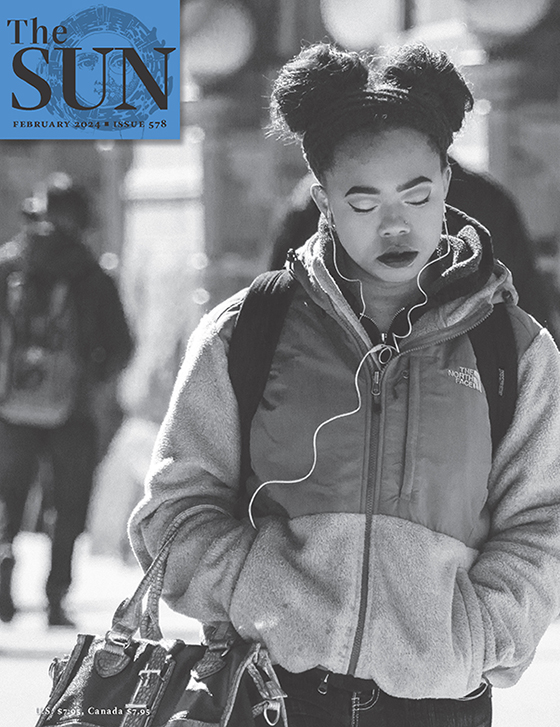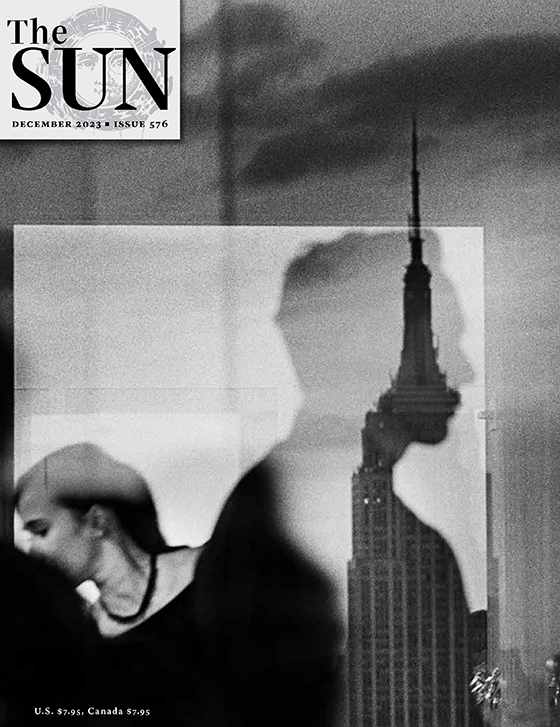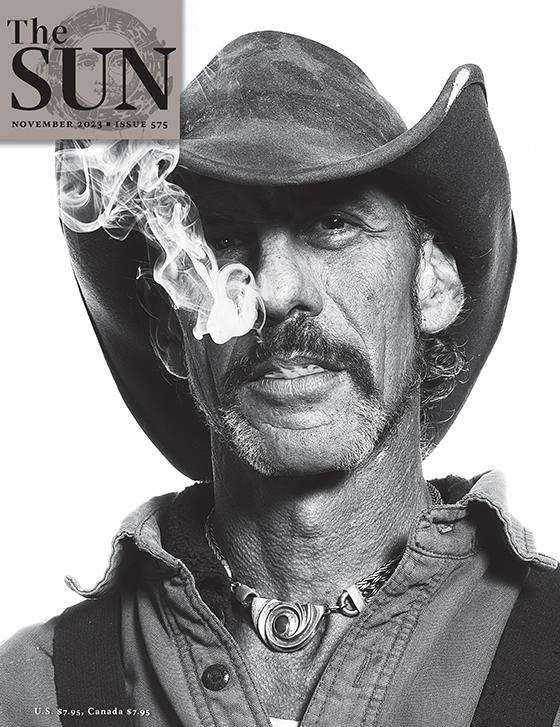June 2014
Security
A convent; an ER’s “safe room”; a cage within a cage, inside a prison within a prison
Manifesto: The Mad Farmer Liberation Front
Love the quick profit, the annual raise, / vacation with pay. Want more / of everything ready-made. Be afraid / to know your neighbors and to die. / And you will have a window in your head.
Undermining Democracy
Noam Chomsky On How The U.S. Breeds Inequality At Home And Instability Abroad
Researchers find in their polls that the attitudes of the poorest 70 percent of Americans have essentially no effect on policy. Those people are disenfranchised. It doesn’t matter what they think. Political leaders just don’t pay any attention to them. As you move up the income scale, you see a little more influence. By the time you get to the top, attitudes and public policy are very similar, because the few at the top are the ones who design the policy. They essentially get what they want. You can’t call that democracy. It’s some kind of plutocracy.
Newfoundland
Whereas other memoirists seem to have unlimited drilling rights in the rich territory of childhood, I am largely reduced to mining the immediate past — Memoirs of the Month, as it were. My childhood is a metal milk crate, a parquet floor, a lighted button in an elevator. If only I could recall something I haven’t already remembered, one brand-new memory never before fondled, unraveled, torn, and patched.
Her Pillow
Our grandmother’s pillow, more than anything else, smelled like her. Her scent was talcum powder and lavender and rosary beads and butter and rectitude.
My Mice
My home is a double-wide trailer in the heart of the Catskill Mountains. Each fall mice sneak into my house, attracted by the warmth. I know they’re here when I see their feces in my kitchen.
Wanderlust
We typed slowly and carefully: RussianBride.com. UkranianDelight.com. YourRussianLove.com. And, just like that, there we were — or, at least, versions of ourselves: women of eighteen, twenty-two, thirty-one who looked like us and wanted what we wanted. We sat before this machine — one part oracle, one part mirror — enchanted by the possibilities and all wishing the exact same wish.
The Work Of Clemens Kalischer
Born in Germany in 1921, Clemens Kalischer arrived in the United States at the age of twenty-one, a Jewish immigrant who’d narrowly survived the Holocaust. He had no money and spoke no English. One of his few possessions was a book of photographs by Hungarian Jewish photographer André Kertész. Titled Paris Vu Par, it was filled with iconic images of the city.
Freud, 1938, Vienna
Vienna, 1938, Freud, eighty-two. / Nazis and their allies parade in the streets, / flag after flag and those raised arms, / ceaseless enthusiasm and hatred of the Jews.

